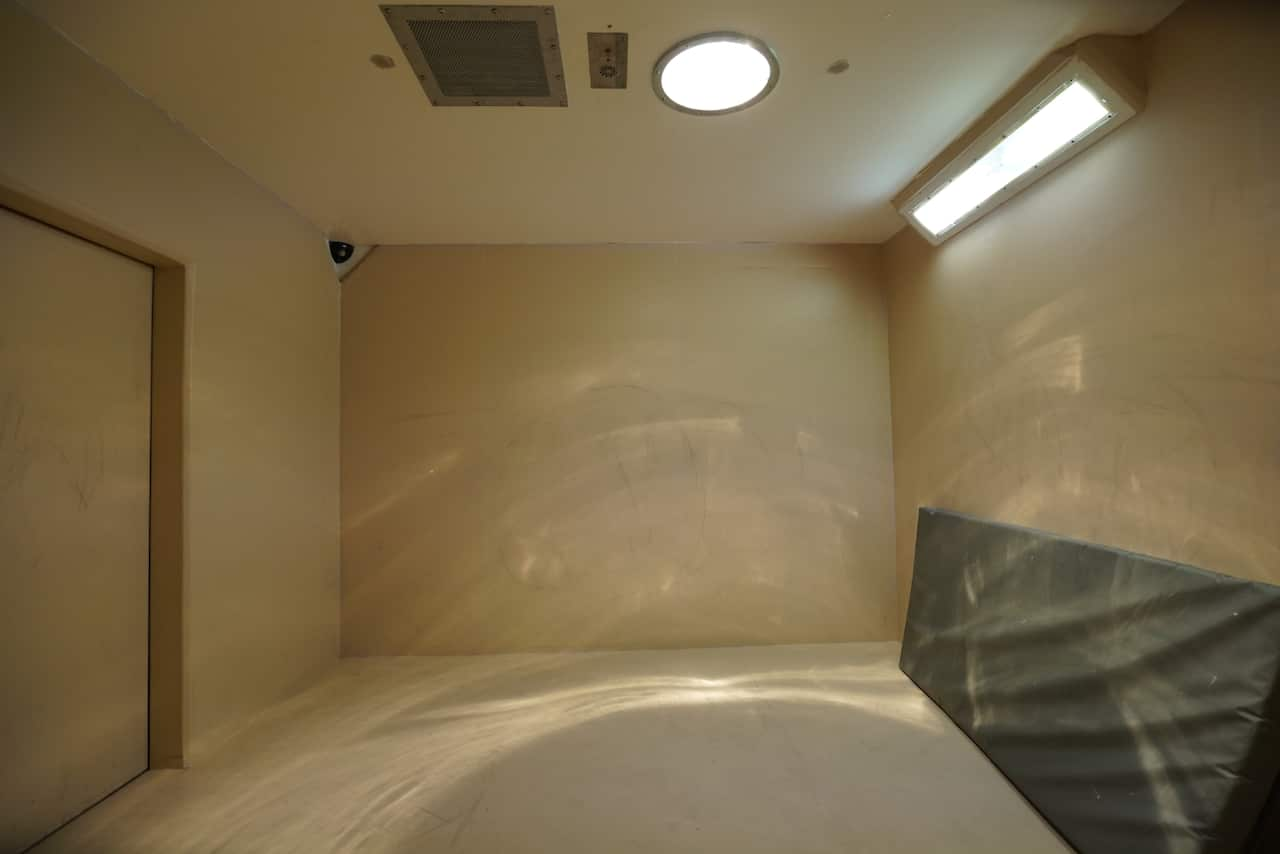Abuse perpetrated by paid prisoner carers has been documented in a report by Human Rights Watch on the experience of Australian inmates with physical and mental impairments.
Human Rights Watch Australia Director Elaine Pearson said overcrowding or staff shortages has led to management paying inmates to care for other high-needs prisoners.
"This puts the prisoner who is being looking after at an extreme vulnerability because they may be being bathed, they may be taken to the toilet by this other prisoner," Ms Pearson told SBS News.
In one Queensland prison, six out of eight prisoner carers were convicted sexual offenders.
A senior nurse told researchers that they discovered one prisoner with a disability was being raped repeatedly by their appointed carer when bloodied and soiled sheets were found in a cell search.
Human Rights Watch has raised their concerns about the prisoner-carer model with corrective services, calling for the practice to be stopped immediately.
Prison system has 'given up' on difficult inmates
More than half of Australia's prison population has a physical or mental disability, yet an investigation by Human Rights Watch has found the country's prisons lack basic facilities for them.
One prisoner described having to urinate in a bottle because the toilet cubicle couldn't fit a wheelchair.
Researchers interviewed 136 current or recently released prisoners with a disability for the 93-page report, called "I Needed Help, Instead I Was Punished: Abuse and Neglect of Prisoners with Disabilities in Australia".
Forty-one people said they had suffered physical violence, and another 32 were victims of sexual violence by fellow prisoners or staff.
Much of the report focuses on what Ms Pearson says is an over-reliance on solitary confinement - referred to in corrective services as punishment units or safety units.

A punishment unit, also known as a safety unit, is usually padded and the lights stay on 24 hours. Source: Supplied
"Prisoners with a disability are also over-represented in punishment units and safety units. Basically they are held in conditions of solitary confinement for 22 hours or more a day, at a disproportionate level to other prisoners."
These units are typically small, have padded walls, no windows and the light stays on 24 hours.
One former prisoner who was diagnosed with anxiety, depression and post-traumatic stress disorder told Human Rights Watch about his experience in a Queensland jail.
"For me personally, me being locked in a room with nothing to do, all that is doing is giving me time to think about everything and make things worse in my head than what they are."
"People are scared to lock up in there because of the way they treat you. They'll put you in a [suicide-proof] smock. They'll give you no undies, they'll take all your soaps and your razors away from you, and your buy-ups.
"Your coping mechanisms, like, it might be the phone call, it might be writing a letter or doing a drawing. They take that away from you when you go into an observation unit."
More training needed
Human Rights Watch is calling for an end to the use of solitary confinement for prisoners with a disability and more training for guards.
"In some cases prisoners with disabilities can be held in these units for years. It's almost as if the prison system has given up on these people and said they're too difficult, this is the only way to manage that behaviour and we think that's absolutely not the case," Ms Pearson said.

The Human Rights Watch report found prisoners with a disability were over-represented in punishment or safety units. Source: Supplied
Senior Psychologist at Brisbane Women's Correctional Centre Emily Reedy told researchers prison is a challenging environment for people with mental health conditions.
"Sometimes the prisoners with mental health concerns, especially those on particular medications, can be vulnerable to being targeted or bullied or stood over in prison. I don't think that the custodial staff are equipped to deal with the complex mental health and other disability behaviours that come out of that, and it can be really difficult for them to manage sometimes."
The report focuses on 14 prisons in Western Australia and Queensland.
It notes that Aboriginal and Torres Strait Islander people make up 28 per cent of Australia's full-time adult prison population and those with a disability are even more likely to end up behind bars.
"In my work here I find that I do have a lot of contact helping Aboriginal and Torres Strait Islander women with mental health concerns, yes. They need particular support which oftentimes isn't readily available. They need culturally sensitive intervention which we don't really have the capacity to offer, oftentimes."
While Human Rights Watch advocates alternatives to solitary confinement, including more de-escalation training for guards, Mary Russell, a supervisor of the safety unit at Brisbane Women's Correctional Centre, says guards can't do it alone.
"It's not just training, it's people to work in there with us. Like, you need psychs (psychologists, psychiatrists) to work in there, you need educational staff to work in there, and you need people (experts) with mental health to work in there with you."


